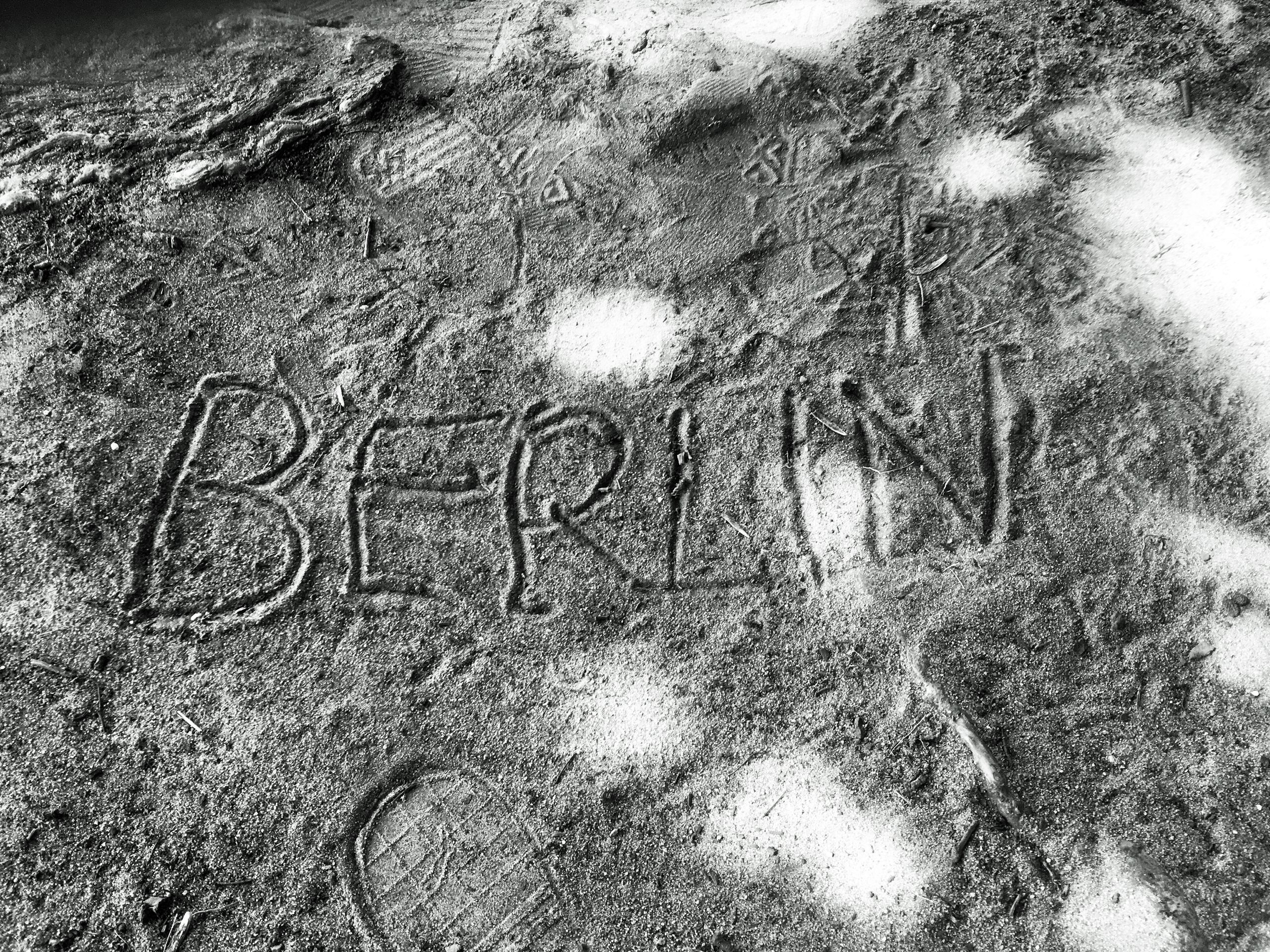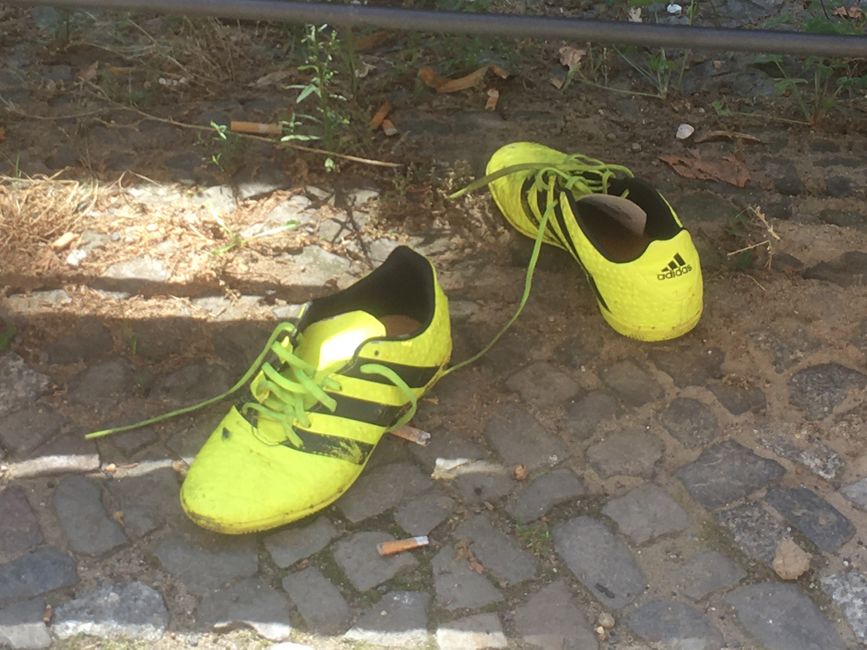Overwintering in Madeira or Homeoffice in Spring
Објављено: 27.02.2021
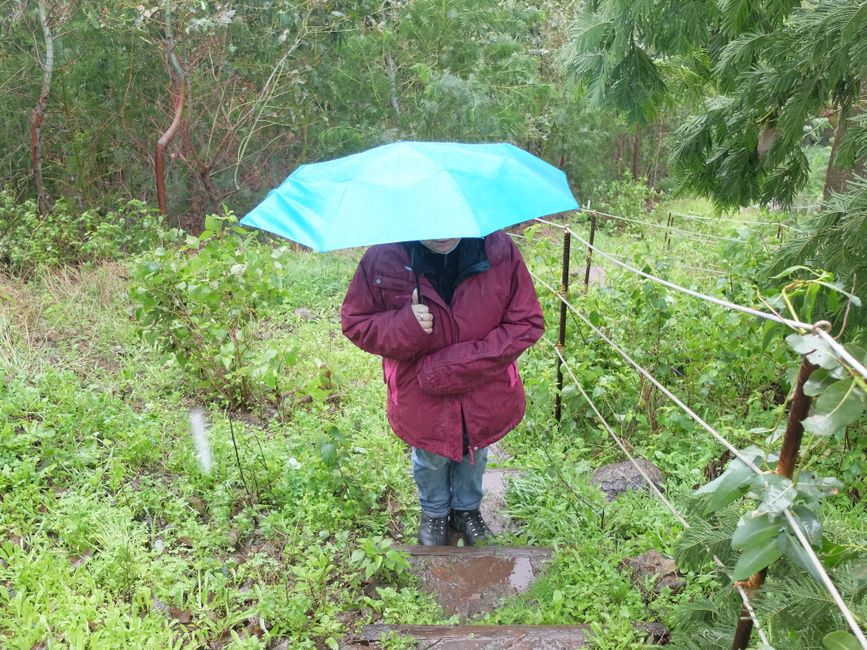
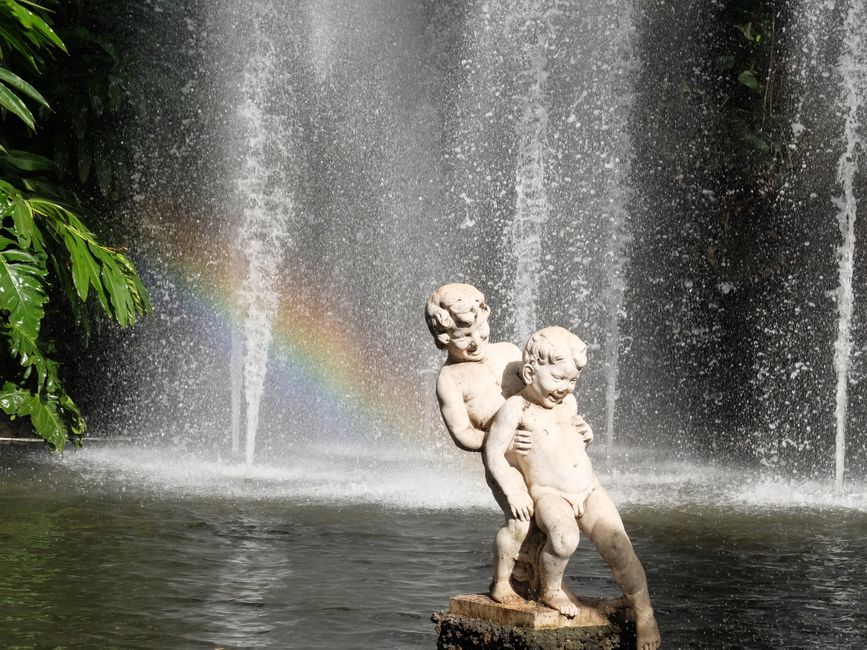
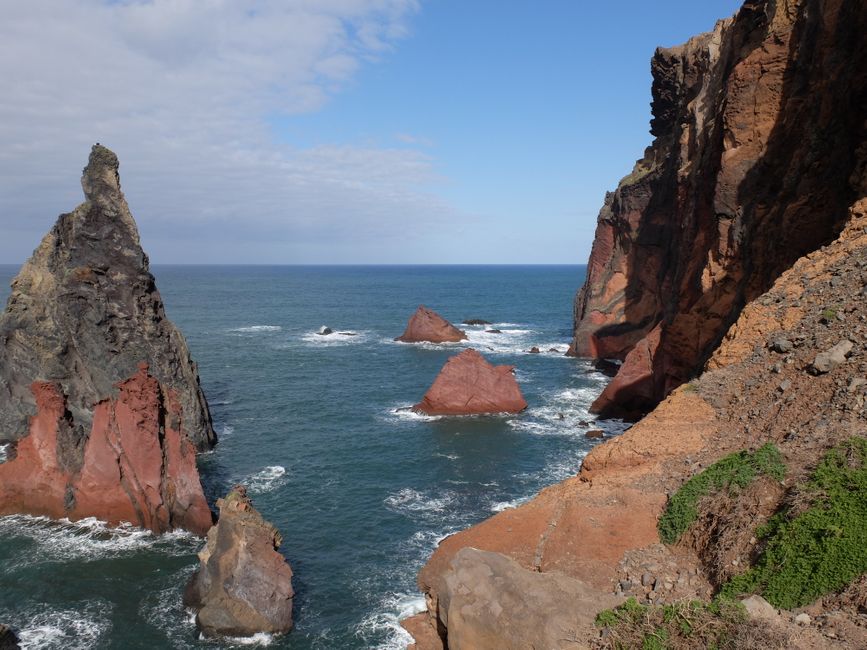
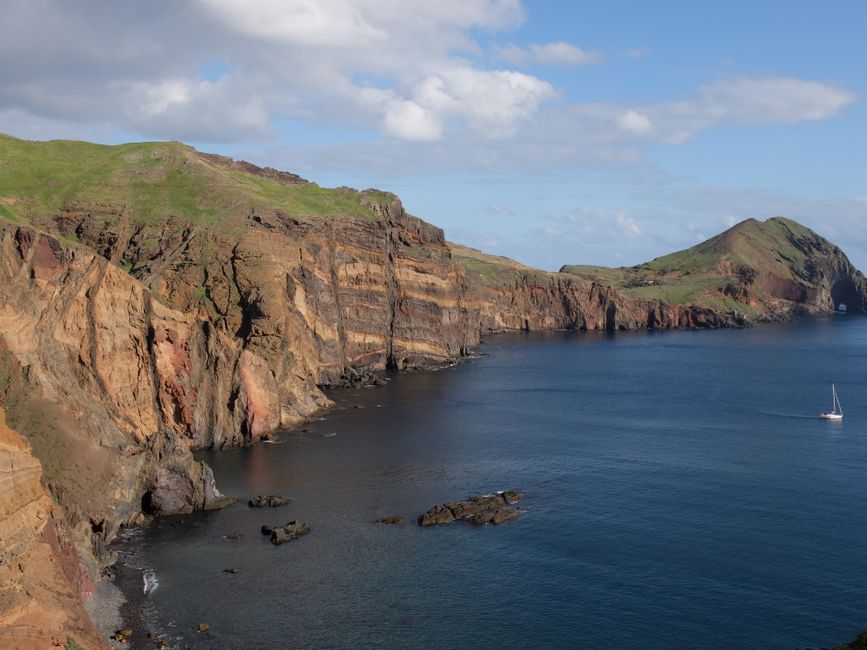
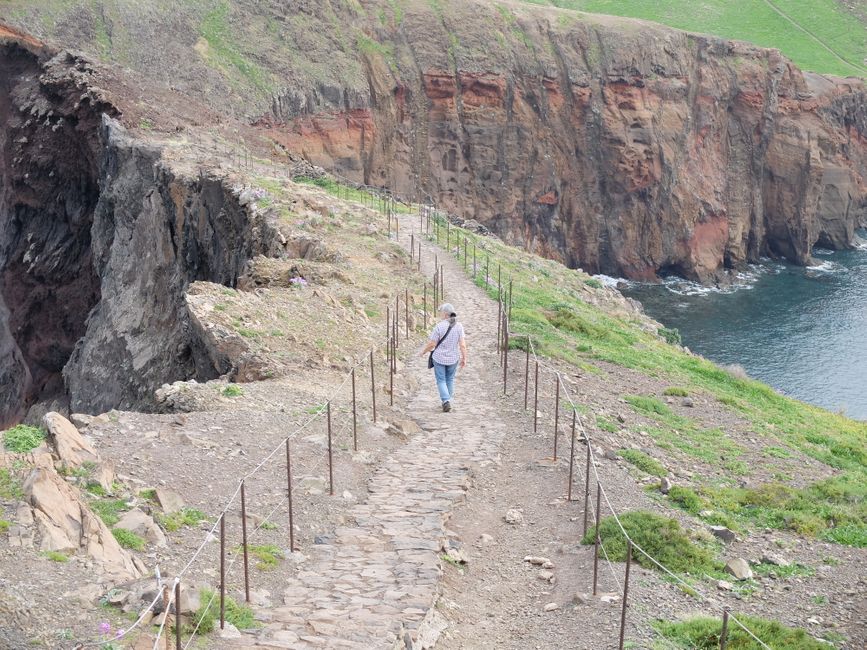
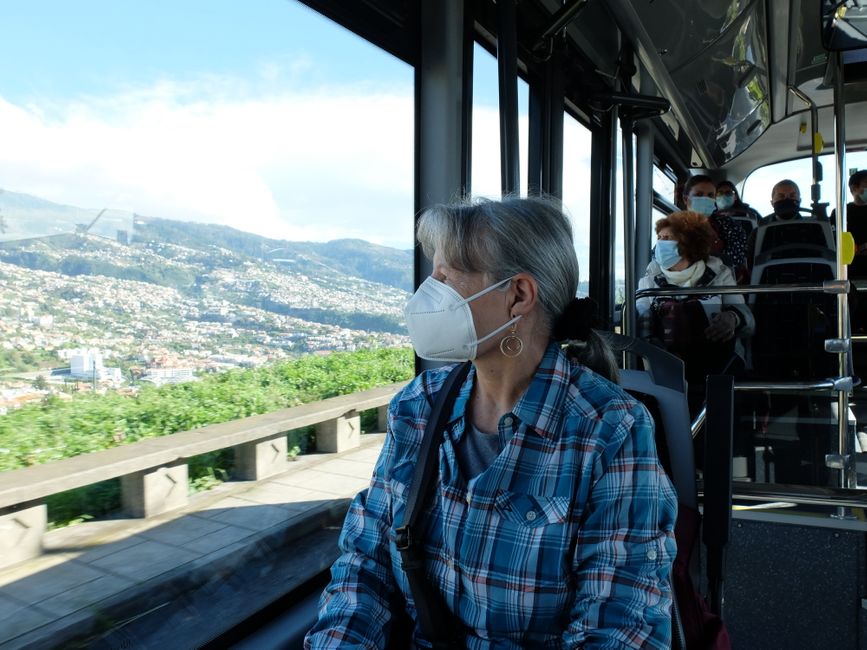
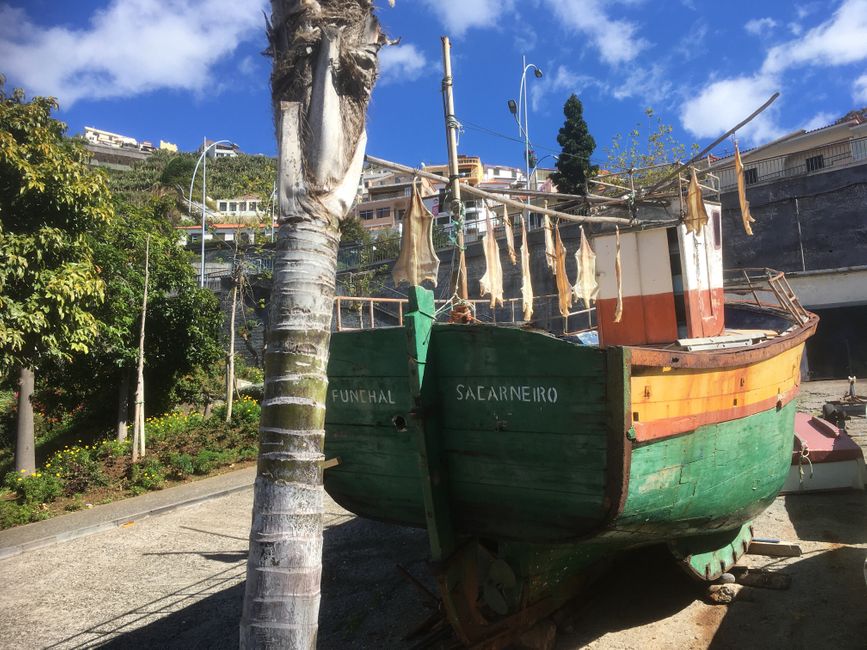
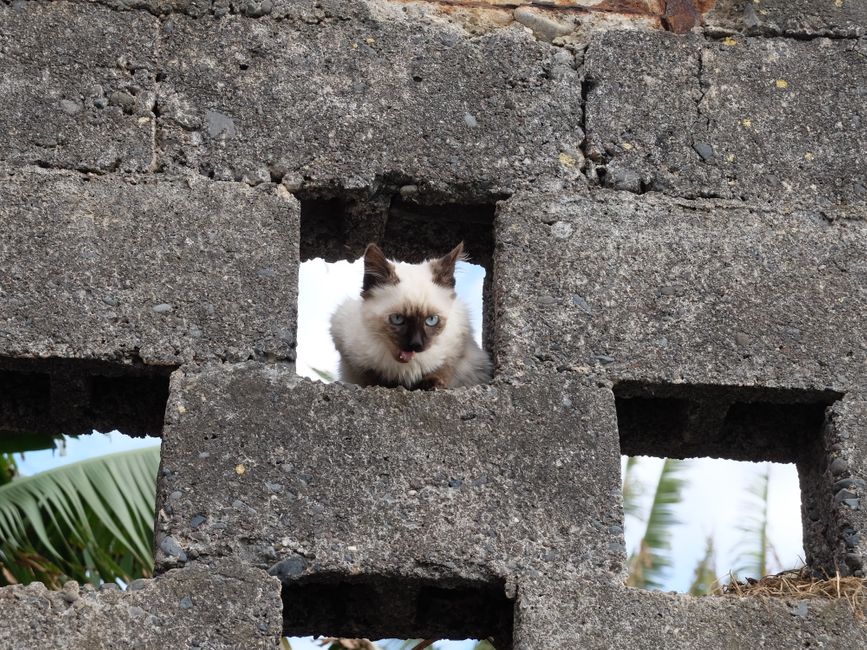
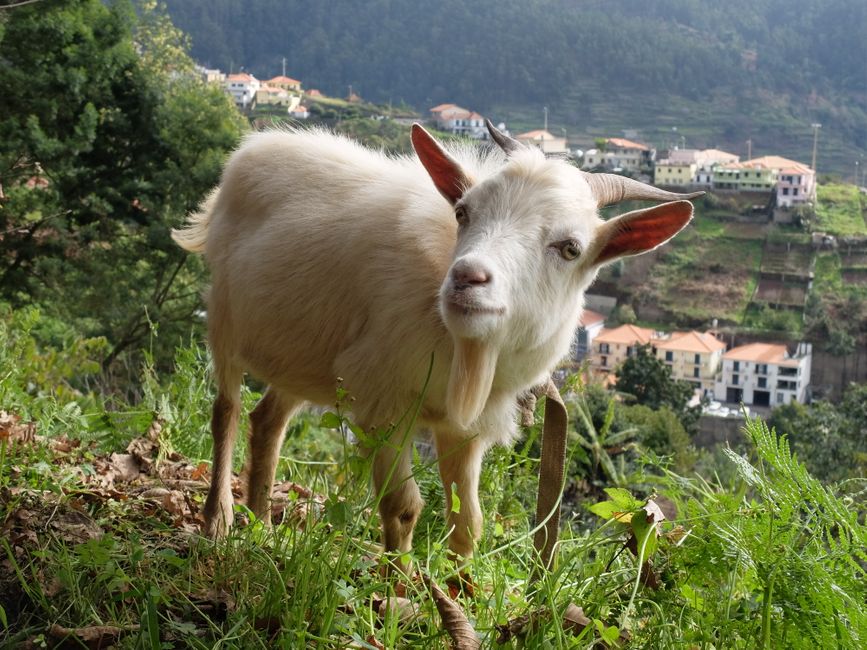
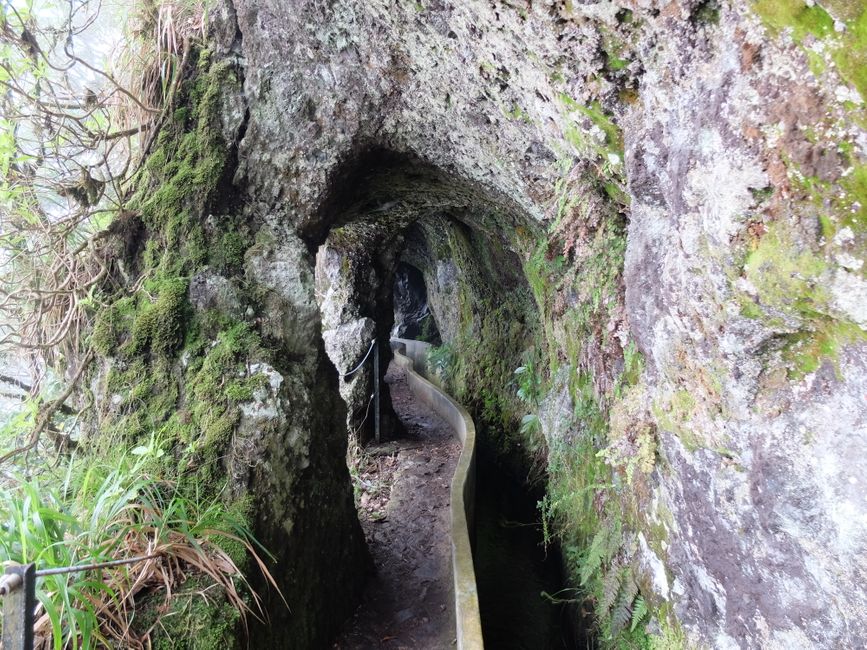
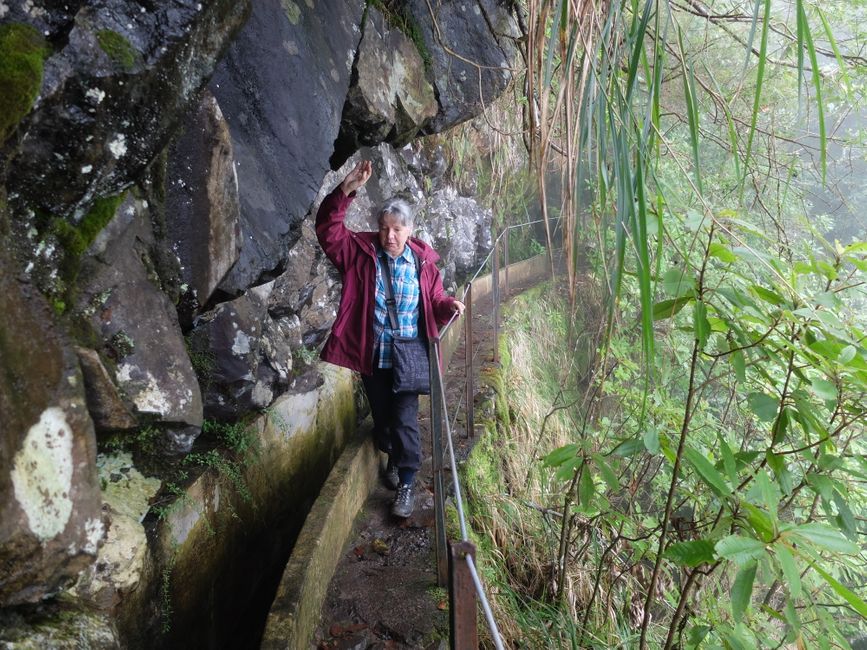
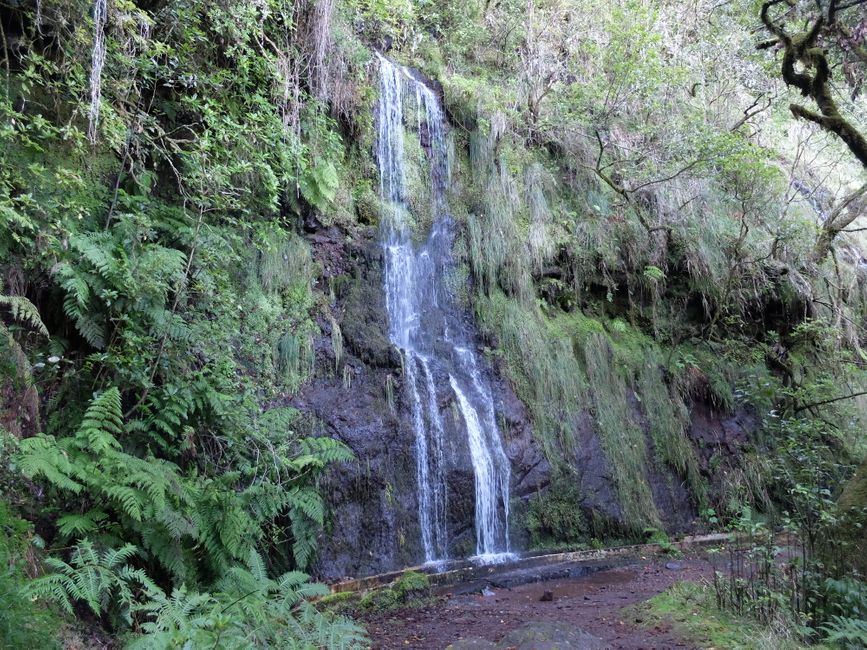
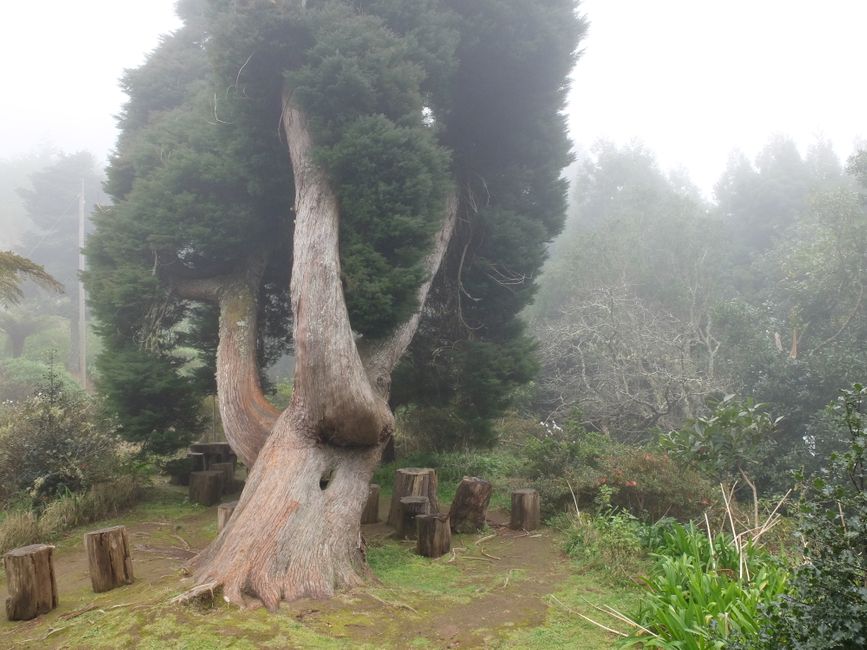
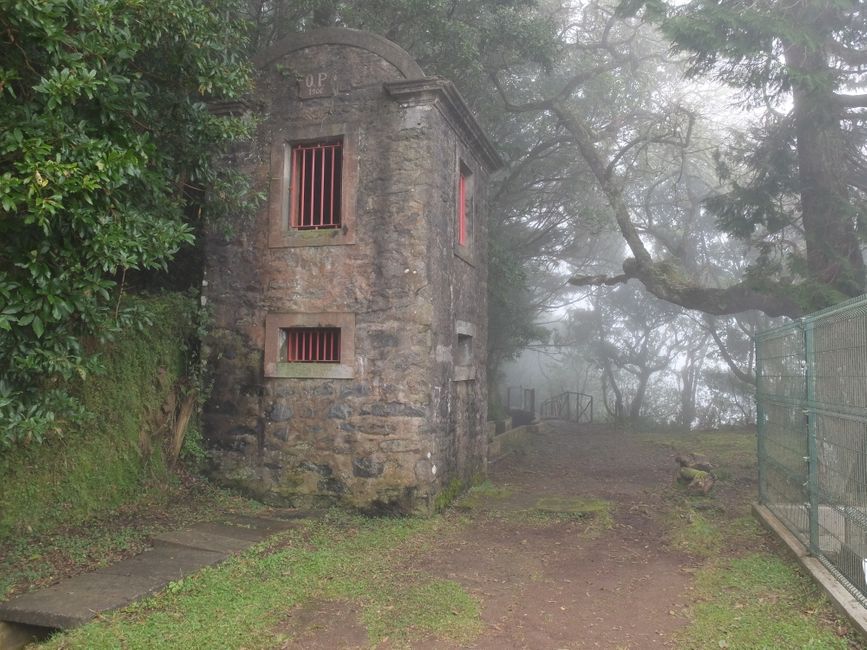
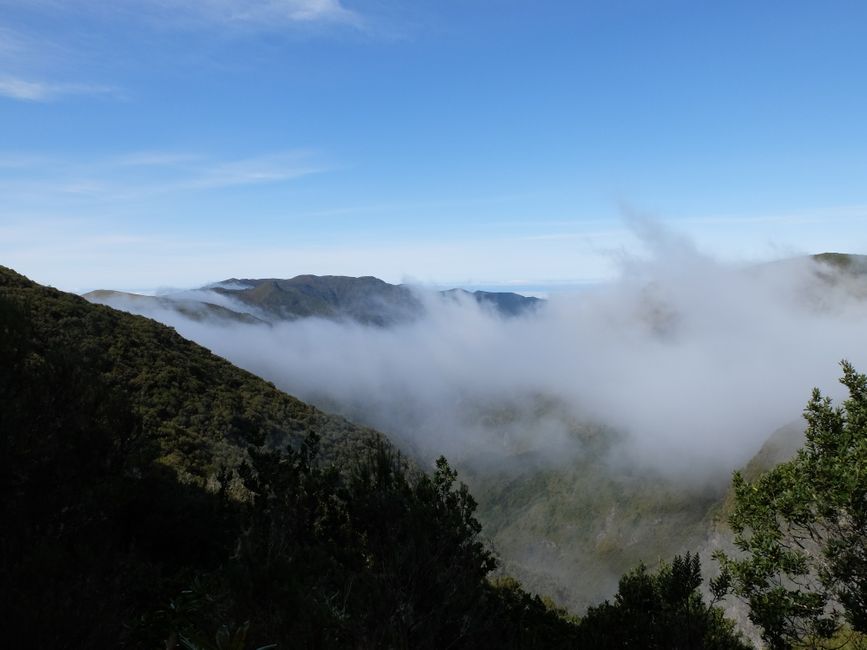
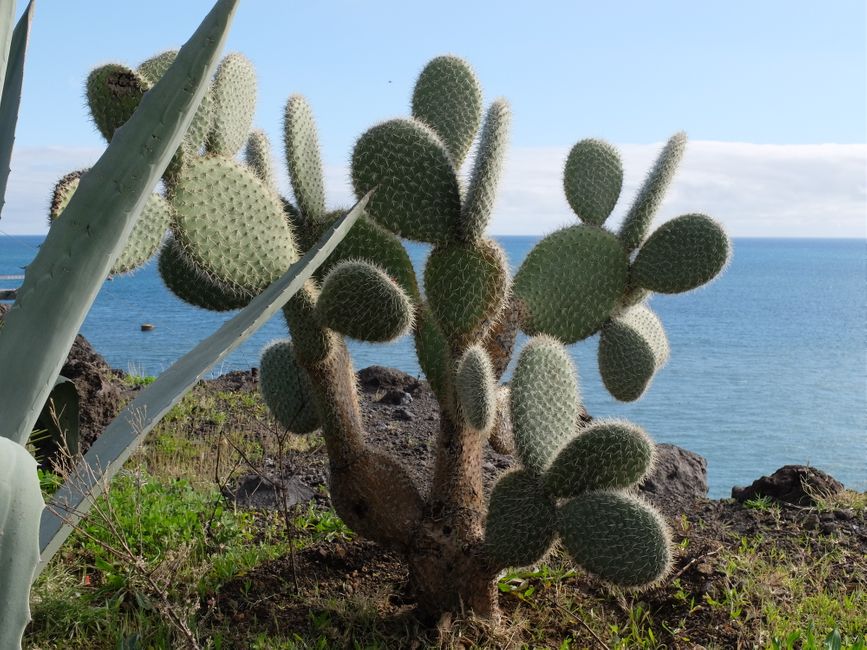
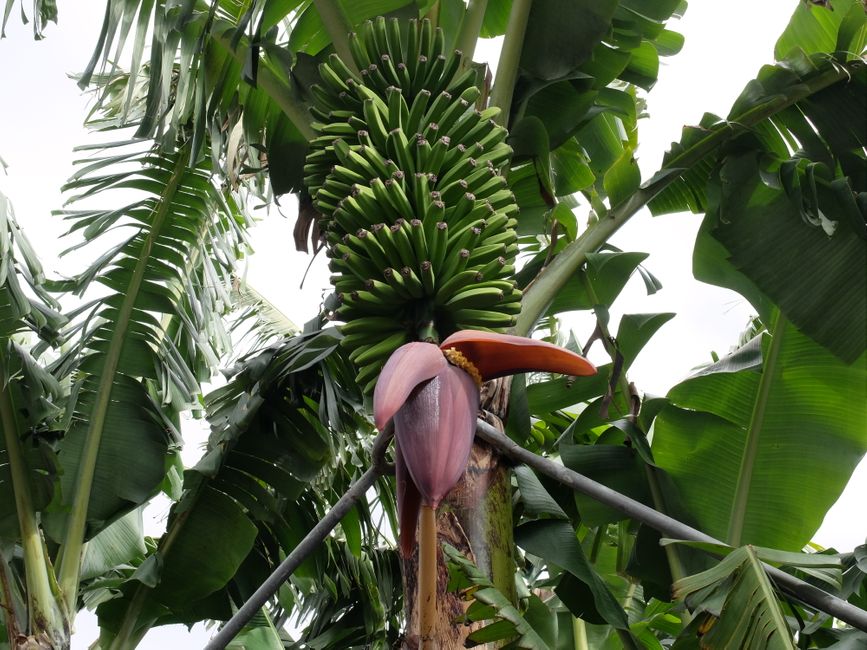
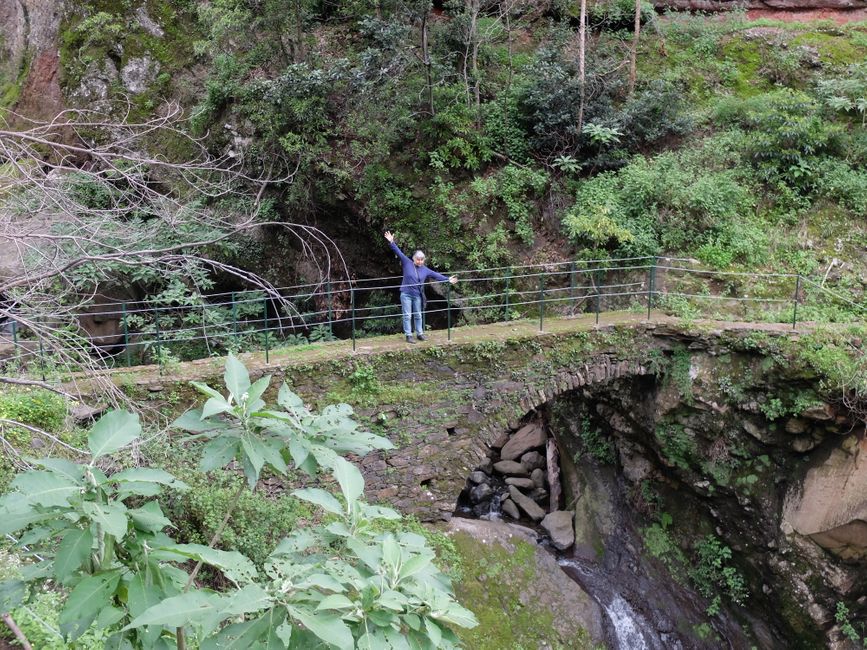
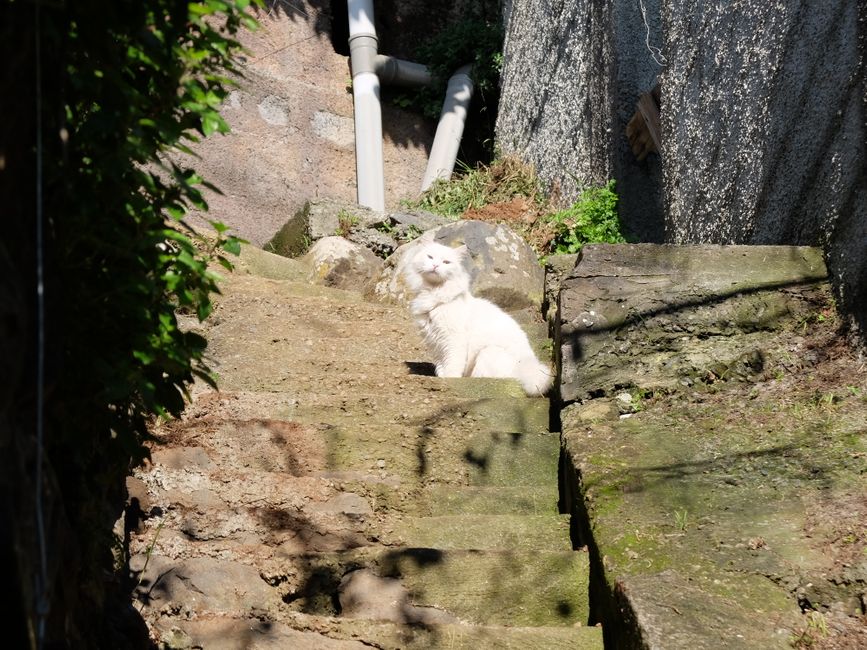
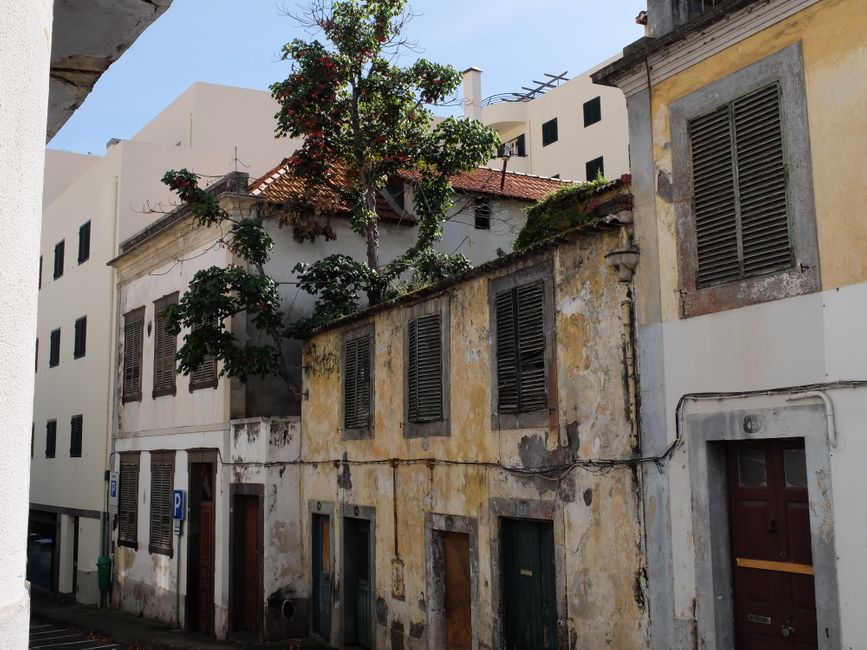
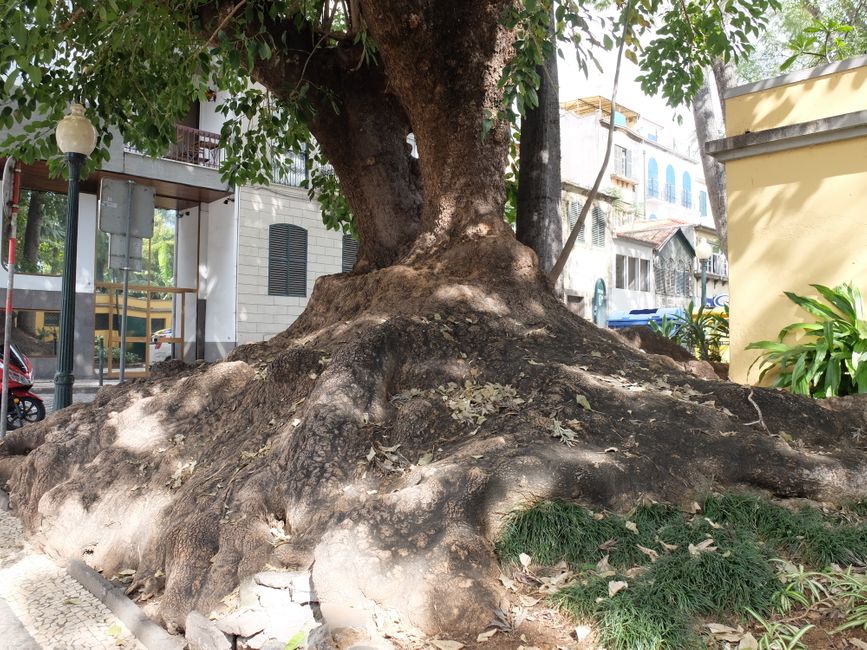
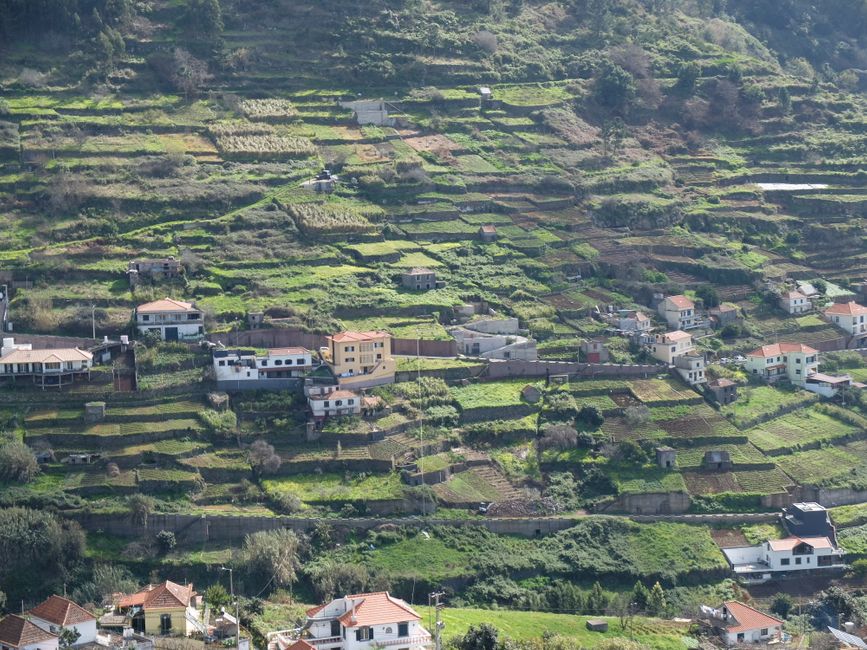
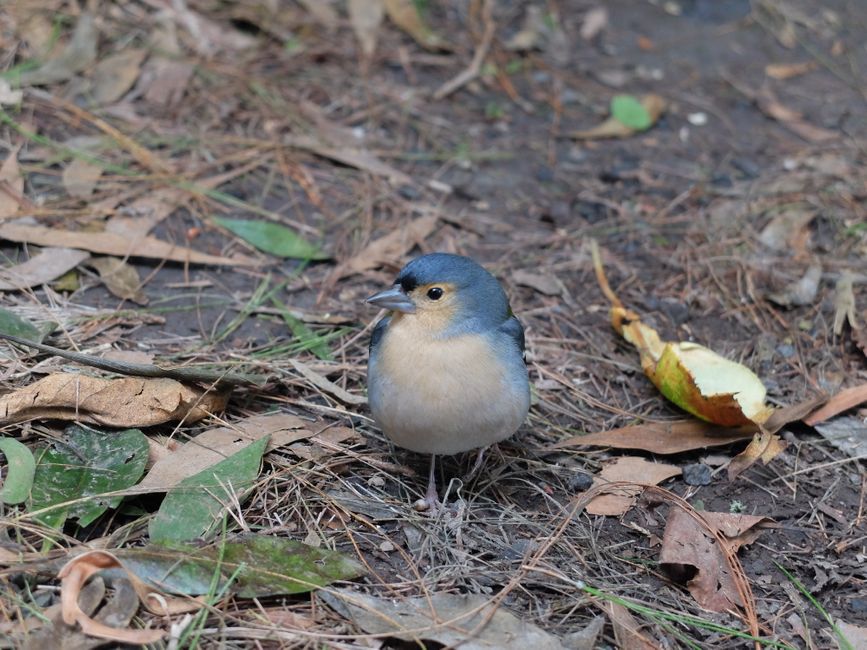
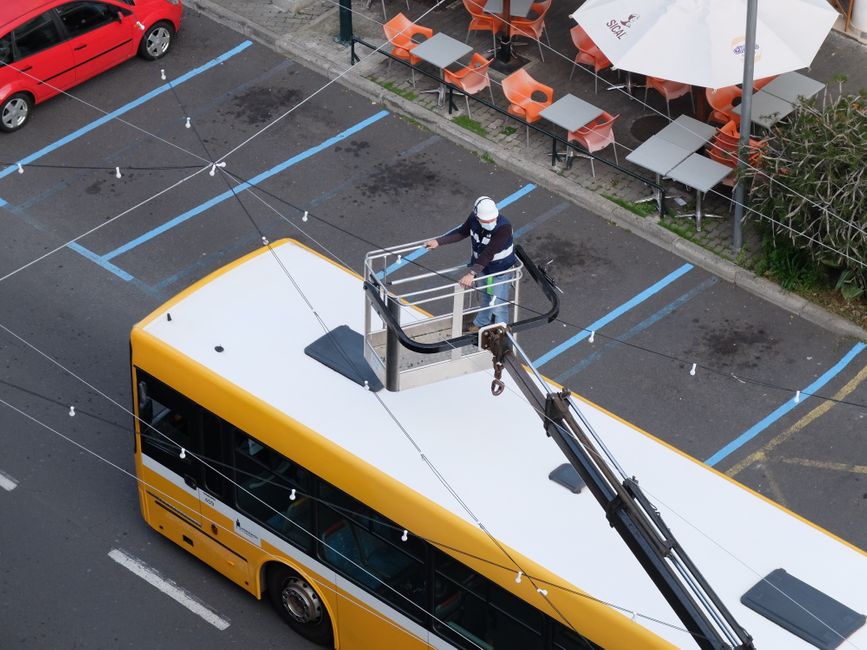
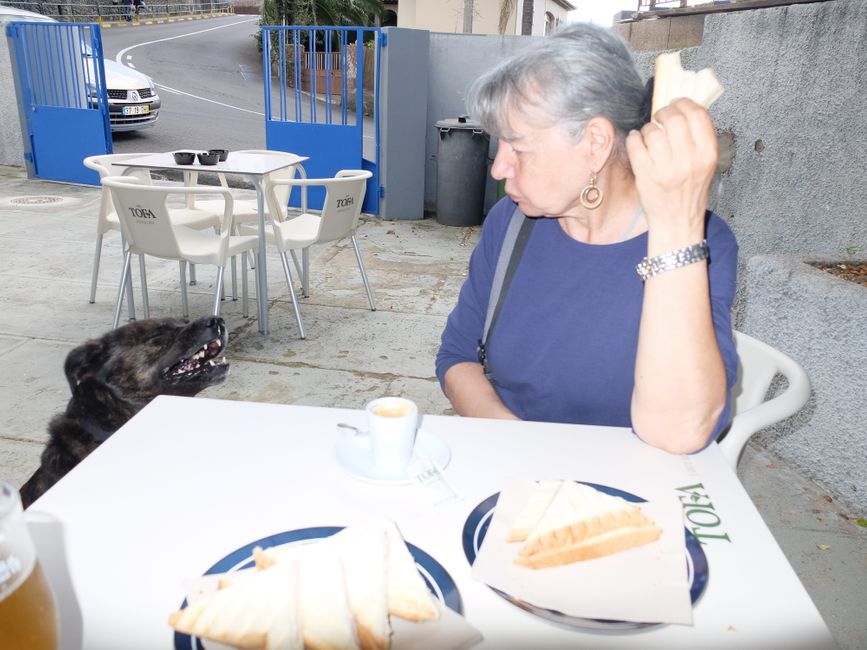
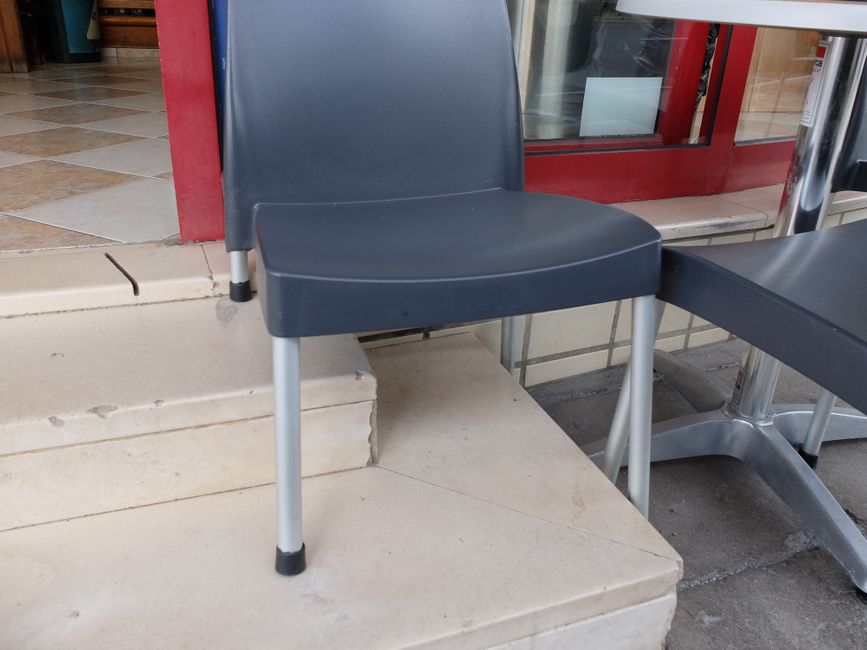
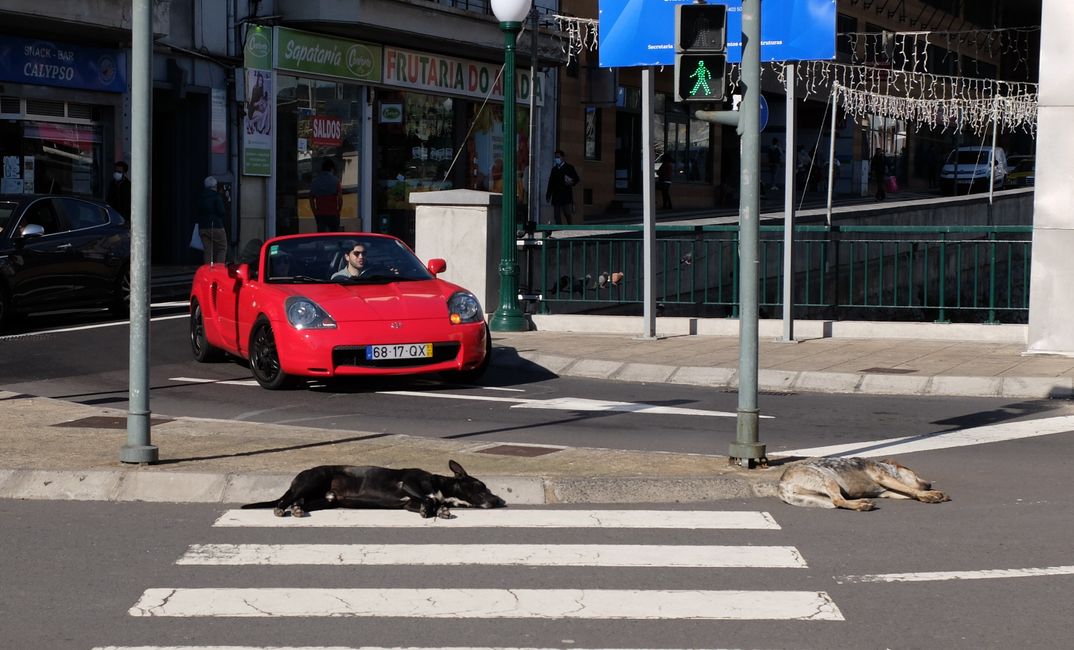
Пријавите се на билтен
The first people we ask for directions after saying "Bom Dia" in English are Germans. They admonish us to wear our masks on the street as well. If we get caught without one, it costs 500 euros. We have a brief conversation. We are asked how long we are staying. We have planned five weeks, we want to spend the winter here. And how long are you staying? No, says the woman, we are not on vacation here, we have been living here for three years. We are curious how they are doing. The answer:
"We wouldn't do it again."
Oh! I wonder what kind of drama lies behind that. Leaving home because the vacation was so beautiful here. And now it's everyday life, which is apparently not as exciting as they thought after practicing for maybe three weeks. Or maybe three years, three weeks at a time. We don't delve into the topic. It's pouring rain and we don't have an umbrella. We'll buy one now and flee to our apartment. After all, we're still in quarantine.
At Funchal Airport, we were directed directly to a corona test line with our online registration. We were done within 30 minutes, took a PCR test, and boarded our taxi. We booked it just because of the quarantine, otherwise we're penny pinchers and take the airport bus. We arrive at our place without any control of our quarantine until the test results. It's not a big deal. We receive an email with the negative result eight hours later at 5:00 in the morning.
Arcadas Cozy Apartment
We live on the 6th floor and when we entered a couple of hours before our encounter with the emigrants, we were simply amazed. "Wow, this really looks like in the Booking.com ad." Everything is bright, modern at first sight, and quite pleasingly furnished and incredibly spacious: 70 square meters in two rooms, at home we only have 45 square meters. Then three balconies and we don't have to strain our necks to see the sea. And there's cake, cookies, and a small bottle of Madeira wine. Hello!? Bull's-eye!
Now we come back and our reviews are more sober. There are only two very old monoblock chairs on one of the balconies, one of which is no longer usable. There are two pots and one pan, the dishes are a hodgepodge. Everything looks like we threw it away in 1972. The furniture is rather average at second glance.
But overall, we remain positive and that's how we feel throughout our vacation. We have experienced much worse and paid much more than 38 euros per day. Our accommodation turns out to be a practical, real second home for five weeks, where we feel good and sleep very well because it is very quiet, probably also because of the curfew at night. Our stay here also teaches us how little things we actually need to live well. Well, relatively few things.
For our well-being over such a long period of time (we admit it), it is important that we have a good stable internet connection and a modern television, with which we can stream our news shows and watch Netflix through the German media libraries. Additionally, we are well taken care of by the administrator and the owner, and twice a week two good spirits come to clean, blow out the drain, explain the washing machine, and refuse to accept tips.
Home sweet Home
What does it take to feel at home somewhere? The internet connection is already important, also for others, as we soon learn. We meet some Germans who actually work here "home office". Three weeks later, Spiegel Online even makes a trend out of it.
A sense of direction is also part of the feeling of home. You have to get down to business. For example, on Gudrun's initiative, we bought a monthly pass for public transport with a photo ID. Just like at home. It is valid for the Funchal area, to which Sao Martino, the district where we reside, belongs. It is three kilometers to the city center and it is constantly going uphill, sometimes downhill again, but then immediately uphill again. We have to go to the city center every day because all bus connections to our hiking trails start from one of the bus stations near the market hall.
Funchal is also an attraction without a program. A friendly, very beautiful city with many small parks. Plants already start growing everywhere in early January, which we only know from the green department of Ikea. Incredible carpets of flowers develop everywhere within our five weeks. As residents of our capital, we notice that practically everywhere is constantly swept, cleaned, and pruned. This applies to the whole island, as if 50% of the population were busy keeping everything in order, while apparently 50% of us are busy littering everything and the other 50% don't care about it.
In the coastal regions, especially in the south, every corner, every surface that is even halfway flat, is either built on or cultivated. There are large plantations of bananas and sugarcane. Every piece of land the size of a handkerchief is used to grow vegetables and fruits. Supermarkets rarely have anything to buy from the island, most of it is imported. The selection is just as large and diverse as in any European country. The apparent paradise of nature certainly has a humble environmental balance.
However, almost everything is just as inexpensive as in Germany and significantly cheaper than in, for example, Great Britain or France. As long-term self-caterers, we can live well and affordably here. Accordingly, there are many apartment buildings for self-catering, many more than are currently needed. Corona is causing huge gaps in occupancy, and there are vacancies in every street at restaurants and shops. We can easily imagine what this means for the lives of the people here. Not a vacation, but a fight for survival, while we are glad that there is not the desired hustle and bustle here.
Gorillas in the Mist
As densely populated as the coastal region is, it can get lonely in the interior, as we find out on our hikes. Our hiking trails are the levadas. These are irrigation channels that have been ensuring that the abundant water in the mountains is distributed to the fields along the coast since the 17th century. The channels run practically horizontally around the mountains for hundreds of kilometers and are always accompanied by a narrow path. These paths are actually there for those who maintain the ditches. For us, they are ideal because there are practically no inclines to overcome. We can reach all entrances, with one exception, using public transport.
Our hikes usually start in the midst of cities and small towns. We walk through fields and small gardens, meet hundreds of cats, are barked at by dogs, and greeted by friendly goats. We encounter men and women carrying groceries or farm tools.
Suddenly, all of this disappears and we find ourselves in a narrow, lonely valley, balancing on rock edges where the water runs down and crossing creepy narrow tunnels. We are surrounded by lush greenery and subtropical flowers, we could also be in a documentary film about Rwanda. We rarely encounter other tourists, but apparently that's because of Corona. We meet experienced fans of the island from Quedlinburg in Saxony-Anhalt. They tell us that in normal times, some tours are completely overcrowded and Funchal is also a party hotspot. They are also doing some hikes for the first time this year because they have always avoided crowds in the past.
We lead a quiet and secluded life and have very little contact. But it is easy to strike up a conversation. We are immediately recognized as tourists everywhere and addressed in English, without us having to make an effort to start the conversation in Portuguese. On the first day, we are looking for a coffee maker in the supermarket Pingo Doce. At first, a saleswoman shrugs sadly. Then, about 30 minutes later, she spots us in the meat department and shows us her find. A classic filter coffee machine that she obviously found somewhere "in the back". We are amazed. The store is crowded and there is a lot of work to do, and she only causes additional stress with this service. Nevertheless, she went on a hunt and found the very last one for us. We buy it, and now it belongs to the vacation apartment.
Something similar happens to us with a bus driver. I ask for a specific address and get the impression that he doesn't understand me and is rather annoyed. We get off somewhere and look around stupidly. He then approaches us and recommends an alternative hiking trail. We take this path and it turns into a beautiful afternoon. The next day, we are approached while buying tomatoes in town. It's the bus driver. He asks if we took the path and how it was.
Measures of Education
Another encounter at the beginning was not so pleasant. We are waiting for the bus for a hike. About 20 people with shopping bags are sitting around waiting with us. The bus arrives and the door opens right in front of Gudrun. She gets on first and secures a seat, I am a little behind and some of the shoppers go in before me. When I finally get on the bus, there is a bad mood. An old man starts the conversation in English. Here, you have to behave, here you have an education. His wife nods eagerly and confirms this in English as well. Apparently, Gudrun and I were too pushy and should have let everyone waiting go first. Gudrun immediately agrees and apologizes, and we both say that we are not used to it and apologize. "Disculpa!" I dig from my memory.
Immediately, the atmosphere changes dramatically. We get off at the end station together with the couple. She asks where we want to go. We explain it. Oh, but we should have gotten off two stops earlier. She walks a little way with us and shows us her house and her BMW. Then she shows us the way we have to go. We say goodbye and start walking. On the way, we are loudly instructed from high above until we find the entry point to the levada.
We are surprised how quickly the five weeks go by. It's good to live here and we feel safe. Fever is constantly measured everywher, everyone wears masks. There is a curfew between 7 p.m. and 5 a.m., and on weekends it ends an hour earlier. However, in the last two weeks, a slight panic sets in about how our return journey will be. Will easyJet operate the flight? If so, how do we get on board? Do we need to be tested? If so, where? What kind of tests are accepted?
In the end, everything is quite simple. We can get an antigen test for 20 euros in the city center. We have the result in 20 minutes. At the airport, the result is accepted and we board the plane. In Germany, there is an ID check and we have to show the test once again and the confirmation that we have registered online at home. We leave and board the X7 bus towards home. It is only now that we notice that it is 30 degrees colder here. At home, in a new, this time 10-day quarantine.
Conclusion? Well, we're not so enthusiastic that we want to live in Madeira forever. But, in case we ever feel like we need to get away for a few weeks without having to change much, and if we want it to be warm and beautiful, we have put everything on hold for that case.
And we still look at the pictures every day. There is a calla lily on our dining table, and its blossom opens a little bit more every day.
If you want to see a short version in moving pictures
We used the following guidebooks:
Wanderführer Madeira, Michael Müller Verlag with the corresponding GPS tracks
Recommended apps:
Movit
Here we are (because you can download offline maps)
Пријавите се на билтен
Одговор
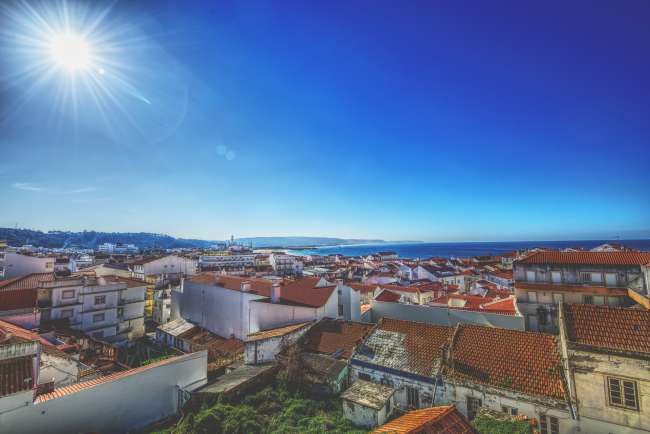
Извештаји о путовањима Португал
